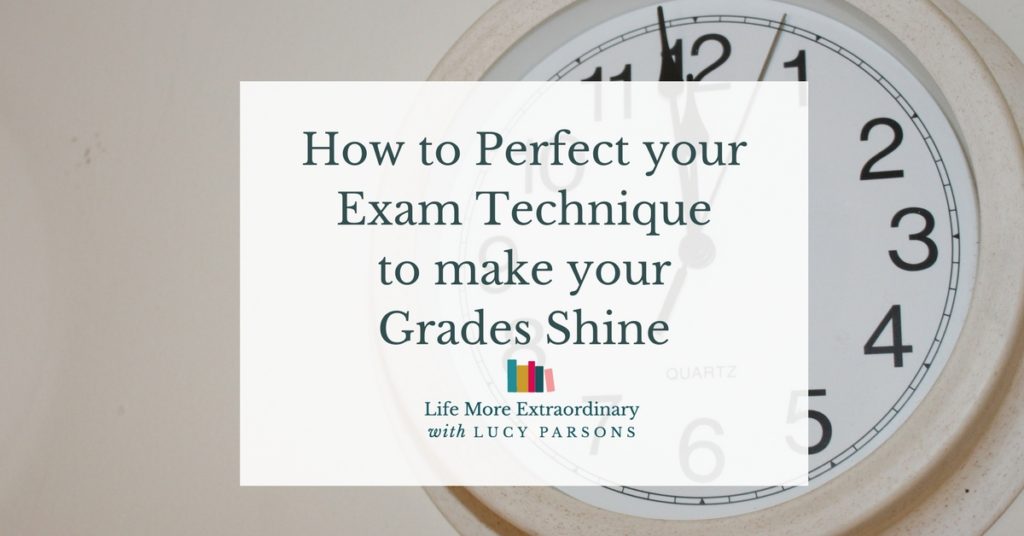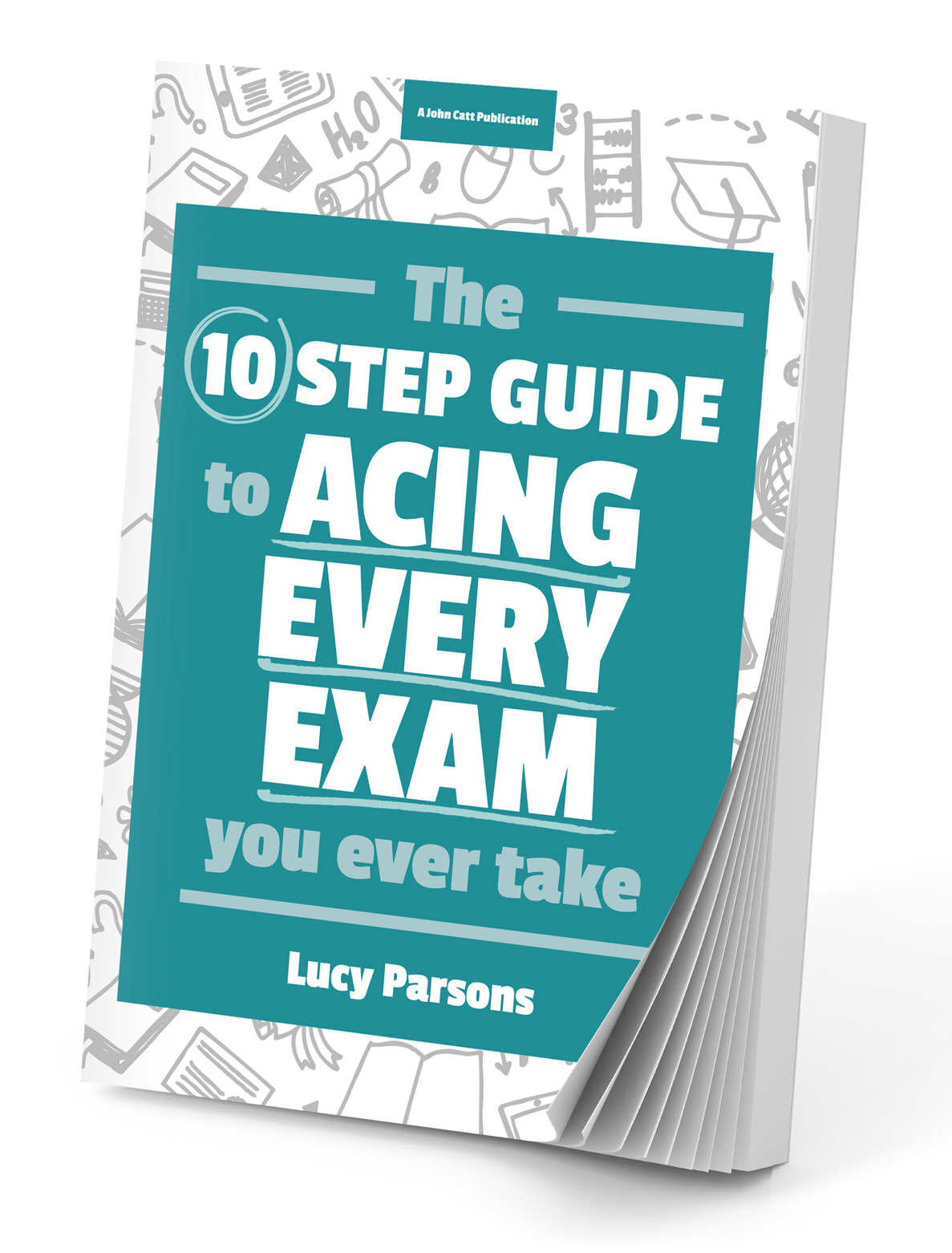How to perfect your exam technique to make your grades shine
Wouldn't it be amazing to be able to think like an examiner? If you could think like an examiner, you'd know EXACTLY what to write for every question on your exam paper and you'd get full marks every time. Imagine results day. Taking a brown paper envelope in your nervously shaking hands and opening it up to find sheet after sheet of paper saying ‘A' or ‘A*' or ‘100%'.
That could be you. I promise you.

Way back in the day, when I was studying A-Level Biology, my teachers drilled me in exam technique. The Biology department had had a bit of a fright on the previous results day with practically every student bombing in their results. They weren't going to let this happen again. The thing they did to prevent this was to teach each and every student to think like an examiner. And, if my memory serves me correctly, about a quarter of my year group taking Biology achieved an A grade.
I took this principle a little bit further when I was at University. I'd revise a subject and then, if there wasn't a past exam question on that subject, I'd write one of my own and spend an hour answering it.
When I trained to be a teacher, I discovered that some people called Paul Black and Dylan Wiliam had actually done some research into all this, and effectively proved that this stuff works.
Today, I'm going to teach you how to think like an examiner, giving you all my top exam technique tips, providing you with complete certainty in your ability to get the stunningly good grades you want.
What do you need to do to perfect your exam technique?
The first thing you need to do is to answer as many past exam questions as possible. Answering past papers should be one of the most important aspects of your revision. I would highly recommend developing a revision system where you firstly revise a topic e.g. coastal flood prevention, and then answer an exam question focusing on this area.
Watch this video to see how to find past papers as well as mark schemes, exam specifications and examiners reports.
It's not enough to just answer the questions
Answering the questions is great, and in the early stages of preparing for your exams, it's good if your teachers mark them for you. But, real insight comes when you start to mark the exam questions yourself, and mark questions for the other people in your class.
When you mark your work yourself you have to do two really important things. Firstly, you have to read and understand the mark scheme. Secondly, you have to analyse your own answers and decide how many marks you would award yourself and why. The more you do this, the better you get at it.
When I was doing my A-Level Biology I remember learning exactly how the examiner wanted me to phrase my answers. I learned precisely what all the different command words (words like ‘describe', ‘explain' and ‘draw' that tell you what the examiner wants you to do in your answer) meant. I basically started thinking like an examiner.
There is no better preparation for taking an exam and being able to look at your work and understand if it's up to scratch, than learning to think like an examiner.
At the end of my Chemistry A-Level exam I remember reading back through the answer paper and actually being able to count up the number of marks I had earned. I walked out of that exam knowing what grade I was going to get, because I had learned to think like an examiner.
Watch this video to see how to find past papers as well as mark schemes, exam specifications and examiners reports.
Practice makes perfect
Learning to think like an examiner won't happen overnight. When you first start to mark your own work, it's really helpful to get your teacher, who is more experienced in all this, to mark it as well so you can learn where you're marking accurately and where you need to think a bit harder about how you award yourself marks. However, as you practice more and more not only will your marking get more accurate, but the quality of your answers will improve. You'll notice the way your thinking and how your approach exam questions changes over time.
Help! I've run out of practice questions
This can be a big problem. When you get answering practice questions down to a fine art and you're firing them off like a professional exam taker, you can get to the point where you run out of exam questions.
Don't worry, there is something you can do. You can either look back at past papers from previous versions of the exam specification that you're following (ask your teacher). Or, even better, you can make up your own questions.
When you make up your own questions you're not only thinking like an examiner, you're thinking like the Chief Examiner. How cool is that? If you'd like to learn how to write your own practice questions, I have a free download for you that will help you do it really effectively. Just sign-up in the box below and I'll send you the download.
Make your own practice questions - download the sheet now
Your personal data will be treated with respect. View my privacy policy here.
Over to you!
What are you waiting for? Get back to work and start answering practice questions and just watch your grades improve. And remember, don't leave the marking to your teacher. Your grades will improve faster when you mark your own work.
Any questions? Leave them in the comments below.
Need more help with exam technique?
I held a live Exam Technique Masterclass for students who knew they needed to improve in this vital area. You can now access the recording and all the materials. In the masterclass you will:
- Learn how to identify content and command words so that they know what to write in their exam answers and take their queue from the question about how to structure their answer to get the maximum number of marks
- The difference between level marking and point marking and how to get better at level marked questions
- Find out how to efficiently and effectively plan and structure essays
- Learn how to manage their time effectively in the exam so that they don't leave questions unanswered or shorter than they need to be
- Have the tools they need to practice their exam technique so that they walk into the exam confident that they can do their best


